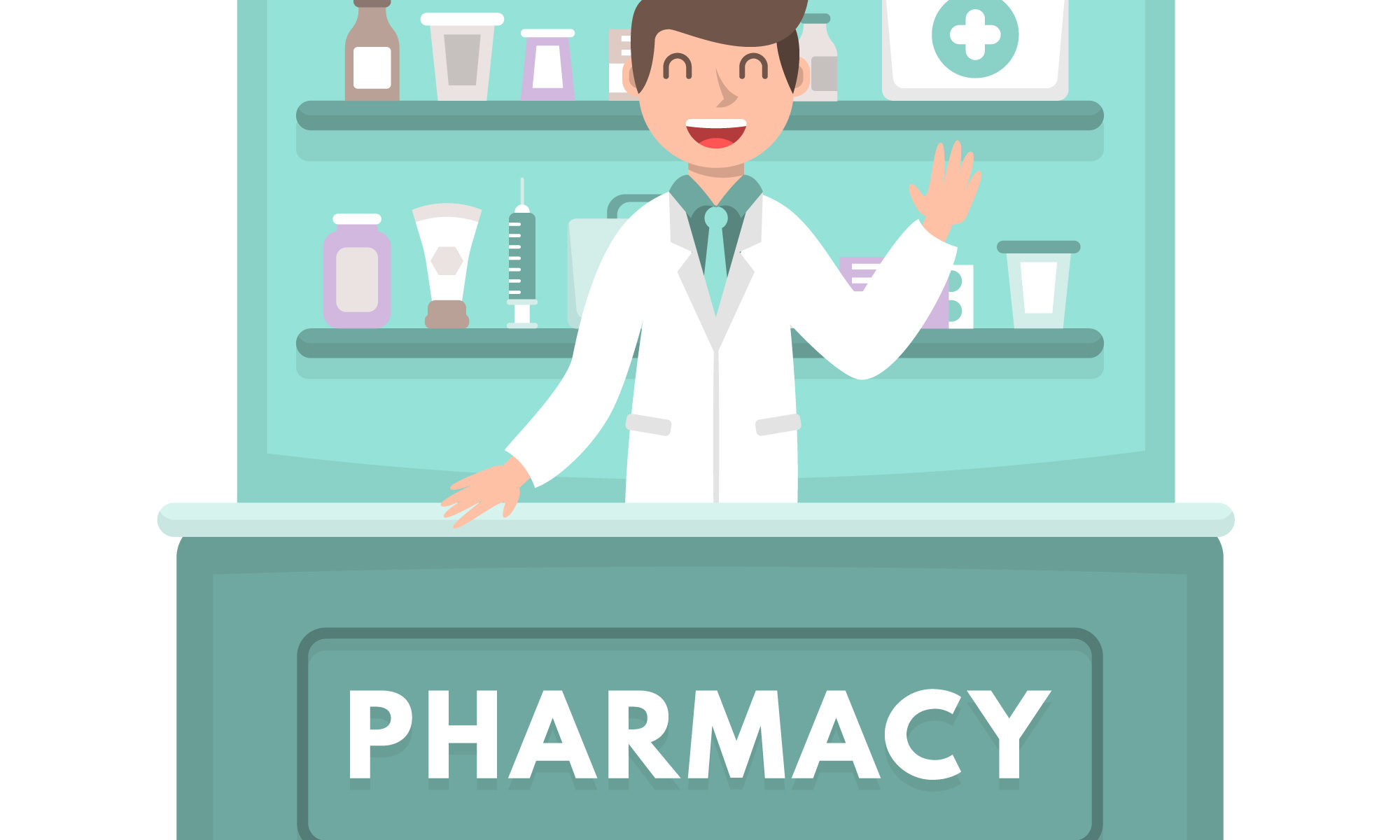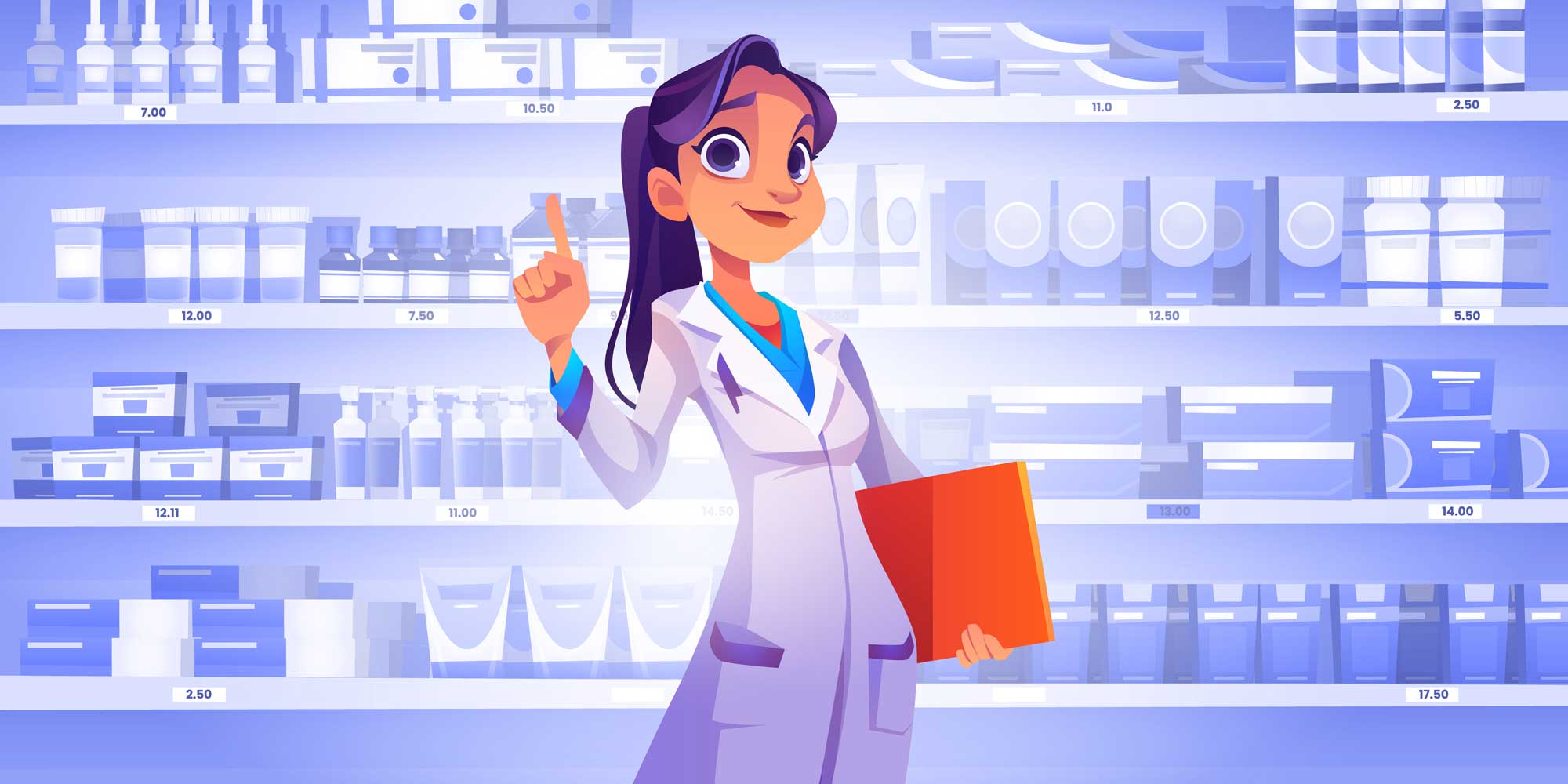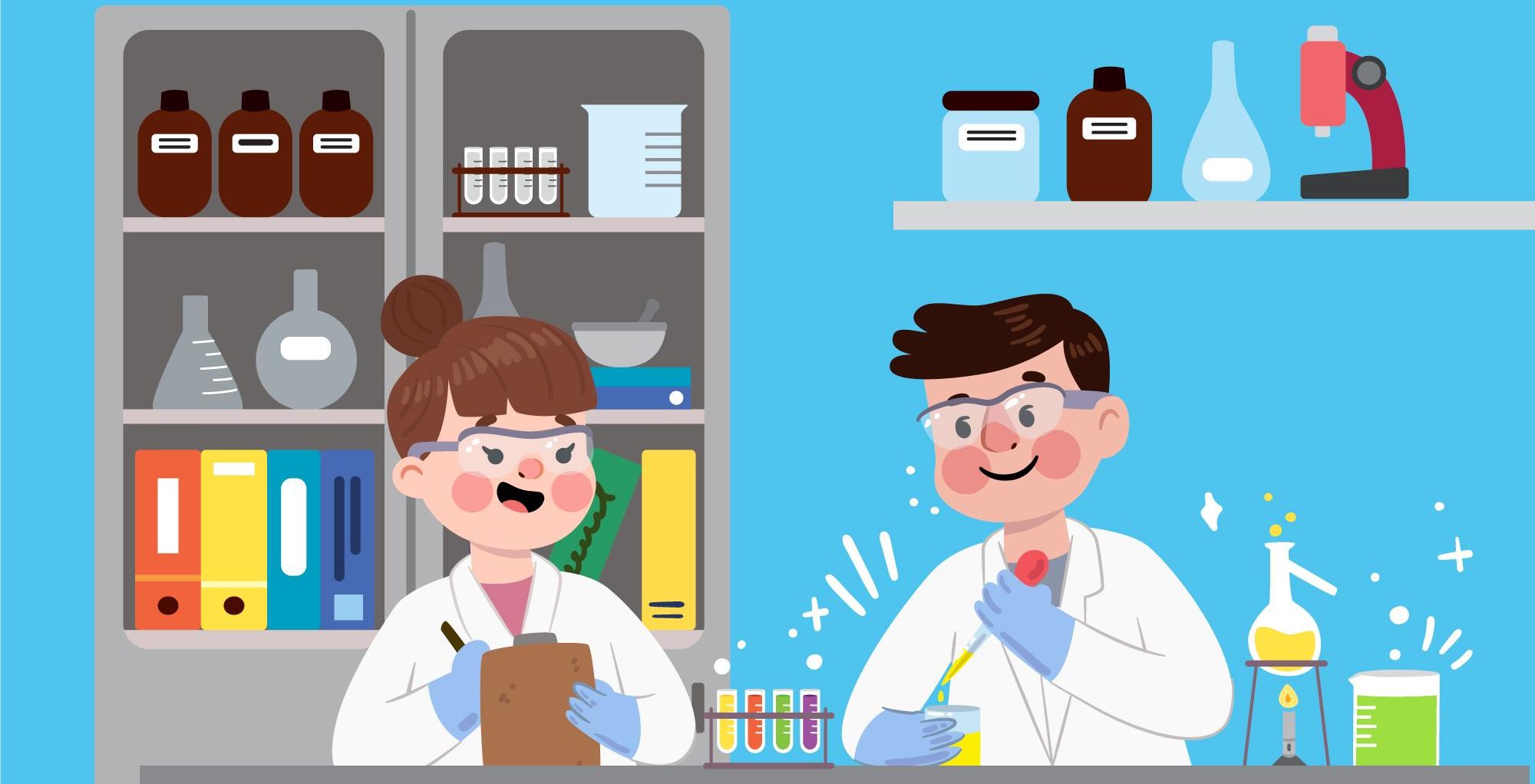Overview of Benefits and Perks for Pharmacy Technicians
As a pharmacy technician, you play a crucial role in the healthcare system, supporting pharmacists in dispensing medications and providing excellent patient care. Apart from the satisfaction of helping others, there are several benefits and perks that make this career path attractive. In this article, we will explore the definition of benefits and perks for pharmacy technicians and discuss some common ones that you can expect to enjoy.
Definition of Benefits and Perks
Benefits and perks are additional advantages that come with a job, beyond the basic salary. They are designed to enhance job satisfaction, attract skilled professionals, and promote employee well-being. These offerings can vary from one employer to another, but they generally aim to provide financial security, work-life balance, professional development opportunities, and other incentives.
Common Benefits and Perks for Pharmacy Technicians
Working as a pharmacy technician offers numerous benefits and perks that contribute to a fulfilling career. Let’s take a closer look at some of the most common ones:
- Competitive Salary: Pharmacy technicians receive a competitive salary that reflects their expertise and responsibilities. The average salary varies based on factors such as location, experience, and certification.
- Healthcare Insurance: Many employers offer comprehensive healthcare insurance plans that cover medical, dental, and vision expenses. This ensures that pharmacy technicians have access to quality healthcare services for themselves and their families.
- Retirement Plans: Retirement plans, such as 401(k) or pension schemes, are often available to pharmacy technicians. These plans enable them to save for their future and enjoy financial security during retirement.
- Paid Time Off (PTO): Pharmacy technicians typically receive paid time off, including vacation days, sick leave, and holidays. This allows them to take breaks, recharge, and spend quality time with loved ones.
- Flexible Schedules: Many pharmacy settings offer flexible work schedules, including part-time and evening shifts. This flexibility allows pharmacy technicians to balance their personal obligations with work commitments.
- Continuing Education: Professional development is essential in the healthcare field, and pharmacy technicians are often provided with opportunities for continuing education. Employers may offer tuition reimbursement or support attendance at conferences and workshops to help technicians stay updated with the latest advancements in pharmacy practice.
- Career Advancement: Pharmacy technicians who demonstrate dedication and expertise can pursue career advancement opportunities. They may have the chance to take on leadership roles, such as lead technician or supervisor, or even transition into roles like pharmacy informatics or pharmaceutical sales.
- Employee Assistance Programs (EAP): EAPs provide support to employees facing personal or professional challenges. These programs often include counseling services, financial assistance, and resources for maintaining well-being.
It’s important to note that benefits and perks can vary depending on the employer, location, and other factors. When considering a pharmacy technician position, it’s always beneficial to review the specific benefits package offered by the prospective employer.
For additional information about pharmacy technician benefits and perks, you can visit reputable sources such as the Bureau of Labor Statistics or the National Pharmacy Technician Association.
In conclusion, pharmacy technicians enjoy a range of benefits and perks that contribute to their overall job satisfaction and well-being. From competitive salaries to opportunities for career advancement and professional development, this profession offers a rewarding package for those interested in pursuing a career in the pharmacy technician field.
II. Financial Benefits and Perks
As a pharmacy technician, there are numerous financial benefits and perks that come with this rewarding career. In addition to the satisfaction of helping others and working in a fast-paced environment, pharmacy technicians enjoy competitive salaries, bonuses, retirement plans, and healthcare coverage. Let’s delve into each of these areas in more detail.
A. Salaries
Pharmacy technicians can expect to earn a competitive salary that reflects their skills and expertise. According to the Bureau of Labor Statistics, the median annual wage for pharmacy technicians was $34,020 as of May 2020. The salary range can vary based on factors such as experience, location, and work setting.
B. Bonuses
In addition to base salaries, many pharmacy technicians have the opportunity to earn bonuses based on their performance and the success of the pharmacy they work for. These bonuses can be a significant addition to their overall income and serve as a reward for their hard work and dedication.
C. Retirement Plans
Planning for retirement is crucial, and pharmacy technicians are fortunate to have access to retirement plans that help secure their financial future. Many employers offer retirement savings plans, such as 401(k) or 403(b) plans, allowing pharmacy technicians to contribute a portion of their income towards retirement savings. Some employers even provide matching contributions, which further enhances the benefits of these plans.
It’s important for pharmacy technicians to take advantage of these retirement plans early in their careers to maximize the growth potential of their investments over time. By starting early and consistently contributing, pharmacy technicians can build a solid financial foundation for their retirement years.
D. Healthcare Coverage
Healthcare coverage is another significant perk for pharmacy technicians. Many employers provide comprehensive health insurance plans that cover medical, dental, and vision expenses. This ensures that pharmacy technicians and their families have access to quality healthcare services, helping them stay healthy and financially protected.
Pharmacy technicians should carefully review the healthcare coverage options provided by their employer to understand the extent of coverage and any associated costs. It’s essential to select a plan that meets their specific healthcare needs and provides adequate coverage for both routine medical expenses and unexpected emergencies.
In addition to employer-provided healthcare coverage, pharmacy technicians may also have access to other benefits such as flexible spending accounts (FSAs) or health savings accounts (HSAs). These accounts allow employees to set aside pre-tax dollars to cover eligible medical expenses, providing additional financial flexibility and tax advantages.
Conclusion:
Pharmacy technicians not only enjoy a fulfilling career in the medical field but also benefit from competitive salaries, bonuses, retirement plans, and comprehensive healthcare coverage. These financial perks provide stability, security, and peace of mind, ensuring that pharmacy technicians can focus on their professional growth and well-being.
For more information on pharmacy technician careers, you can visit reputable sources such as the American Association of Pharmacy Technicians (AAPT) or the Pharmacy Technician Certification Board (PTCB).
Remember, financial benefits and perks may vary depending on the employer and location. It’s always recommended to thoroughly research and compare opportunities to make informed decisions about your career in the pharmacy technician field.
III. Professional Development Opportunities
A. Continuing Education Programs
Continuing education is essential for pharmacy technicians to stay up-to-date with the latest advancements in the field and to enhance their skills and knowledge. Here are some valuable continuing education programs that pharmacy technicians can consider:
1. Pharmacy Technician Certification Board (PTCB) Continuing Education Programs: The PTCB offers various programs, courses, and webinars designed specifically for pharmacy technicians. These programs cover a wide range of topics, including medication safety, pharmacy law, compounding, and more. Participating in these programs not only helps pharmacy technicians expand their knowledge but also provides them with opportunities to earn continuing education credits.
2. American Society of Health-System Pharmacists (ASHP) Continuing Education: ASHP offers a variety of continuing education opportunities for pharmacy technicians. They provide online courses, webinars, conferences, and self-study materials on topics like sterile compounding, medication safety, and pharmacy calculations. Pharmacy technicians can choose from a range of programs to suit their interests and career goals.
3. Accredited Online Colleges and Universities: Many accredited online colleges and universities offer continuing education courses for pharmacy technicians. These courses are designed to provide in-depth knowledge on specific areas such as pharmacology, pharmaceutical calculations, and pharmacy law. Online learning allows pharmacy technicians to study at their own pace and convenience.
4. State Pharmacy Associations: State pharmacy associations often organize continuing education programs for pharmacy technicians within their respective states. These programs provide an opportunity for pharmacy technicians to network with professionals in the field while gaining new insights and knowledge.
B. Certifications
Certifications play a crucial role in advancing the career of a pharmacy technician. They demonstrate a technician’s dedication to professionalism and commitment to patient safety. Here are some recognized certifications for pharmacy technicians:
1. Certified Pharmacy Technician (CPhT): The CPhT certification, offered by the Pharmacy Technician Certification Board (PTCB), is widely recognized and accepted in the industry. To become certified, pharmacy technicians must pass the PTCB exam, which tests their knowledge in areas such as medication safety, pharmacy law, compounding, and pharmacology.
2. Certified Compounded Sterile Preparation Technician (CSPT): The CSPT certification, offered by the PTCB, is specifically designed for pharmacy technicians who work in sterile compounding environments. This certification demonstrates expertise in maintaining sterile conditions and ensuring the safety of compounded medications.
3. National Healthcareer Association (NHA) Certified Pharmacy Technician (CPhT): The NHA offers a comprehensive certification program for pharmacy technicians. This certification validates a technician’s knowledge and skills in areas like medication safety, pharmacy calculations, pharmacology, and pharmacy law.
4. State-Specific Certifications: Some states have their own certification requirements for pharmacy technicians. It is important to check with the respective state board of pharmacy to understand the certification requirements and procedures.
In conclusion, continuing education programs and certifications are vital for the professional development of pharmacy technicians. These opportunities allow technicians to expand their knowledge, stay updated with industry advancements, and demonstrate their commitment to patient safety. By actively engaging in continuing education and obtaining relevant certifications, pharmacy technicians can enhance their career prospects and contribute to the healthcare team.
For more information on continuing education programs and certifications for pharmacy technicians, please visit:
– Pharmacy Technician Certification Board (PTCB): [insert link] – American Society of Health-System Pharmacists (ASHP): [insert link] – National Healthcareer Association (NHA): [insert link]
Personal Growth Opportunities in the Pharmacy Technician Career
As a pharmacy technician, there are numerous personal growth opportunities available to help you excel in your career. These opportunities include flexible scheduling options, work-life balance support, and stress management strategies. In this article, we will explore each of these aspects and how they contribute to your personal and professional growth.
Flexible Scheduling Options
One of the benefits of being a pharmacy technician is the availability of flexible scheduling options. This allows you to find a work schedule that best suits your needs and lifestyle. Whether you are a student looking for part-time work or someone who prefers to work evenings or weekends, there are various options available to accommodate your preferences.
With flexible scheduling, you can:
- Balance work with other commitments such as family responsibilities or continuing education
- Take advantage of opportunities for additional training or certifications
- Explore other areas of interest within the pharmacy field
By having control over your schedule, you can create a better work-life balance and enhance your overall job satisfaction.
Work-Life Balance Support
A pharmacy technician career offers support for achieving a healthy work-life balance. Many employers recognize the importance of maintaining a harmonious personal and professional life, and they provide policies and benefits that promote this balance.
Some ways in which work-life balance is supported in the pharmacy technician career include:
- Flexible leave policies for personal time off, vacations, or medical needs
- Options for remote work or telecommuting, if applicable
- Employee assistance programs that offer resources for managing personal challenges
These support systems enable pharmacy technicians to lead fulfilling lives outside of work, which in turn enhances their job satisfaction and overall well-being.
Stress Management Strategies
Working as a pharmacy technician can be demanding, as it requires attention to detail, multitasking, and handling potentially stressful situations. However, the pharmacy technician career also provides opportunities for stress management strategies to maintain a healthy work environment.
Here are some strategies that can help manage stress:
- Engaging in regular exercise or physical activity to reduce stress levels
- Practicing mindfulness or meditation techniques to promote relaxation
- Participating in stress management workshops or training provided by your employer
- Seeking support from colleagues or mentors to share experiences and coping strategies
By implementing these strategies, you can effectively manage stress and maintain a positive mindset throughout your pharmacy technician career.
In conclusion, personal growth opportunities in the pharmacy technician career encompass flexible scheduling options, work-life balance support, and stress management strategies. These opportunities contribute to your professional development and overall well-being. By taking advantage of these resources, you can enhance your job satisfaction and excel in your role as a pharmacy technician.




